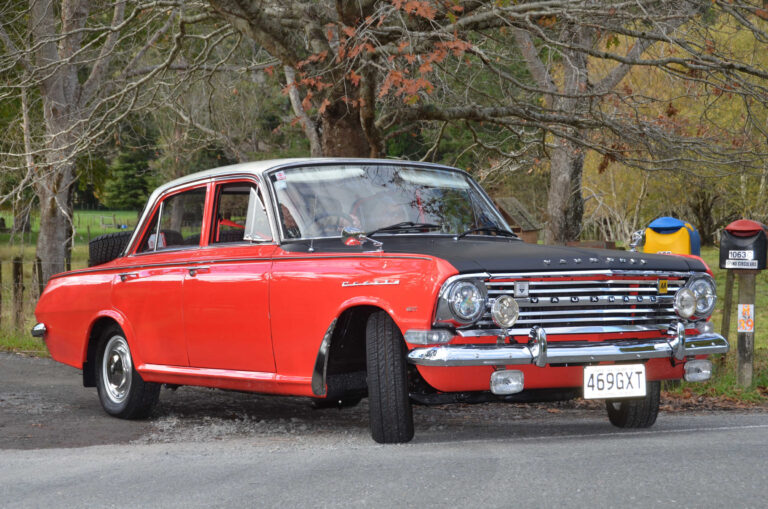The news has broken that Volvo are claiming every Volvo launched from 2019 onwards will now have an electric motor. It marks the historic end of the internal combustion engine only Volvos as electrification is placed at the core of the automakers future business.
While other solely electric companies have been pioneering the technology for some time now, Volvos announcement is perhaps one of the most significant moves by any automaker to embrace electrification of their products. A century after the invention of the internal combustion engine, electrification is paving the way for a new chapter in automotive history.
Of the five entirely electric vehicles the company intend to release, the range will be supplemented by petrol and diesel plug in hybrids and mild hybrid 48 volt options on all models.
“This announcement marks the end of the solely combustion engine-powered car,” said Volvo CEO Håkan Samuelsson, “Volvo Cars has stated that it plans to have sold a total of one-million electrified cars by 2025. When we said it, we meant it. This is how we are going to do it.”
The announcement underlines Volvo Cars’ commitment to minimising its environmental impact and making the cities of the future cleaner. Volvo Cars say it is focused on reducing the carbon emissions of both its products as well as its operations and aims to have climate neutral manufacturing operations by 2025.

“This is about the customer,” said Samuelsson, “People increasingly demand electrified cars and we want to respond to our customers’ current and future needs. You can now pick and choose whichever electrified Volvo you wish.”
It will launch five fully electric cars between 2019 and 2021, three of which will be Volvo models and two of which will be high performance electrified cars from Polestar, Volvo Cars’ performance car arm. Full details of these models will be announced at a later date.


